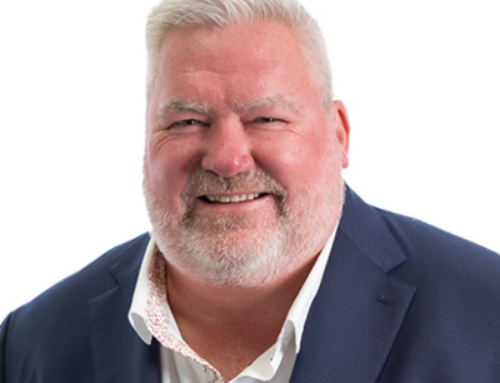Why sustainability?
I’m someone who’s always been passionate about the environment and I try to live my life with the intent of minimising my personal environmental impact. As a professional working in the building services industry, I learnt about the role our built environment has to play on reducing global carbon emissions. I decided to focus my career within the sustainability space where the work I do on a professional level aims to provide a positive impact.
What’s a sustainability myth you’d like to debunk?
That energy efficiency is the only sustainability challenge to solve.
More and more we’re appreciating the role buildings have to play on occupant health, alongside things like the value of embodied carbon of products and the design decisions we make. When we’re looking at a new design, an existing asset or a business’s operations, too often we focus on operational efficiency in isolation. We need to take a holistic view and aim to optimise the outcome for both the environment and the people residing in that space.
What professional relationships do you value the most?
Those built on collaboration and respect. Loyalty within both our internal and external networks easily stems from a positive experience and, often, doing a great job.
The relationships I have the least respect for are ones which are defensive and overly assertive.
What do you do outside of work that helps fuel your creativity and commitment to sustainability?
I do a lot of things outside of work that I’m passionate about which incorporate sustainability principles. Some are hobbies and some take a bit of effort!
Wheeling and dealing on the second-hand market
There are so many great options out there and there’s also a surprising amount of new and unused products. This is an approach that supported my lifestyle as a broke university student and something I’ve retained. My primary driver however has now shifted from saving money to saving on waste and promoting reuse.
We live in a saturated consumer-driven society where we have little connection with the objects and things we own. We also take little responsibility for those things once we’ve finished with them, meaning the majority ends up in landfill. Don’t get me started on soft plastics and fast fashion!
Knowing the power of your money as a consumer
From doing our grocery shop to choosing a Christmas present, we try to purchase items with reduced packaging and better environmental, social and governance principles: compostable over plastic, re-filleries schemes, local procurement, offsets, community funding, material selection, circular economy principles, and so on. Putting your money behind these products signals to the market the economic opportunities that exist.
Rubbish is not native to New Zealand
If fact, I’m sure it’s not native to any region. Seeing rubbish in the environment genuinely upsets me. One of the not-so-great scenes I witnessed as a consequence of COVID-19 was a native bird hanging from the noose of a disposable face mask in my local reserve. Whenever I’m out and about, amongst the wilderness or at the beach, I make an effort to pick up the rubbish I see.
What does Making Spaces Work mean to you?
Providing a space that serves the people and the environment both now and into the future.
What one thing do you think would have the biggest impact in getting more girls and women into science?
Showing school students the amazing opportunities that exist within the STEM sector and that there are women in it who are thriving!










